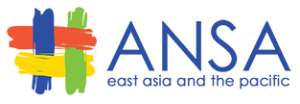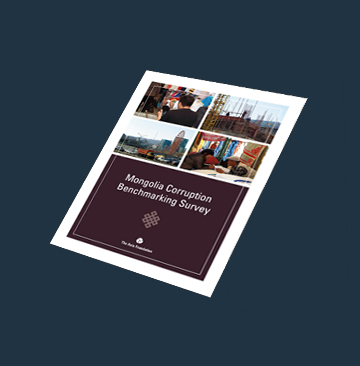MONGOLIA—Mongolians want stronger citizen control over government programs and offices to help check corruption in their country.
This was among the key findings of the tenth semi-annual Mongolia Corruption Benchmarking Survey (CBS) carried out by The Asia Foundation’s Mongolia office and released 9 December 2010.
The CBS shows that Mongolian households continue to carry the burden of paying for corruption.
The survey is “the only tool that measures both public perceptions of institutional corruption, and the impact of petty corruption on the day-to-day life of Mongolian households,” says The Asia Foundation.
For the first time since the survey started in 2006, more Mongolians identify greater citizen involvement as a top corruption prevention measure—more than perfecting legislation and strong punitive measures.
Most of those interviewed says the government’s Independent Authority Against Corruption, which was created in late 2006, should still lead anti-corruption efforts.
However, public confidence in this body has also declined.
Consistent with past CBS, the land authority, mining, and judiciary continue to be perceived as the most corrupt sectors.
CBS findings are based on random, face-to-face interviews of a sample of 1,000 adults.
The sampling error (Sample Size=1000 with 95% probability) for the true value of 10 percent is +/-1.8 percent, for 20 percent is +/-2.5 percent, for 40 percent +/- 3 percent.

